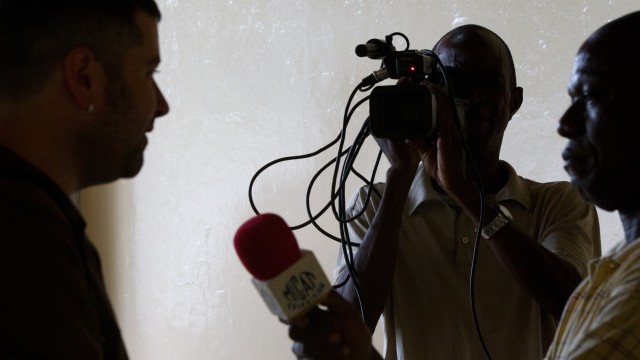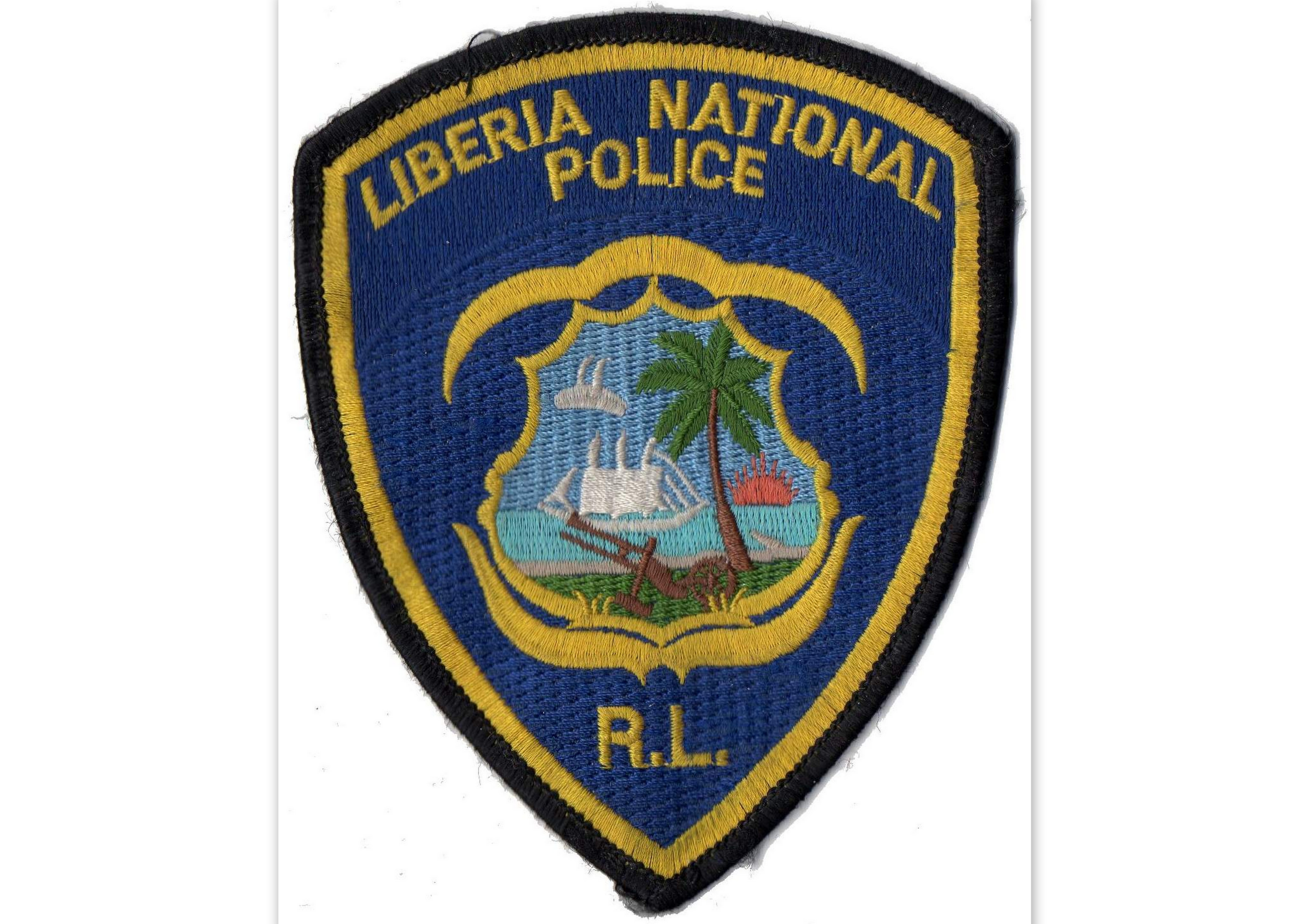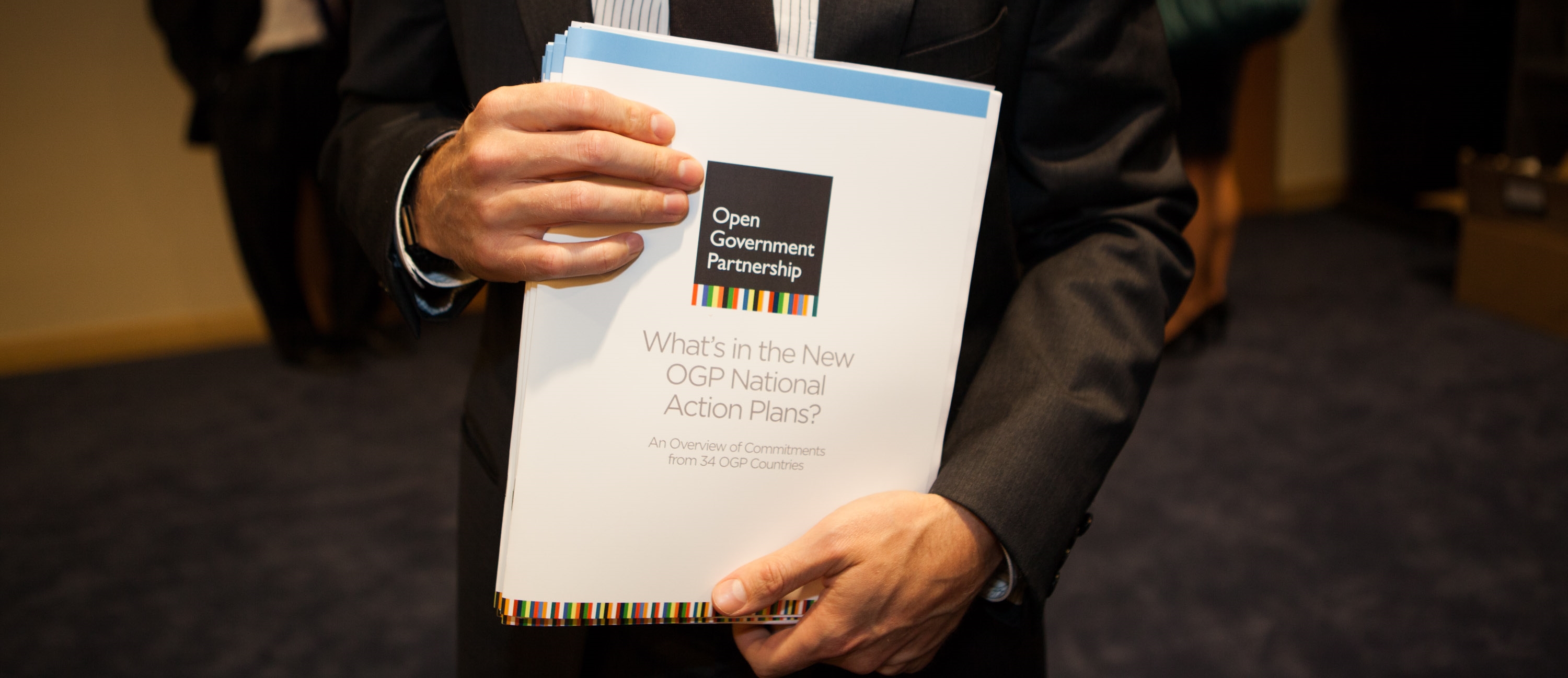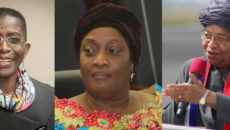Although this government is one of the most open Liberia has ever seen, its support of transparency is severely lacking. This is despite the fact that President Ellen Johnson Sirleaf has voiced support for transparency and even supported Liberia joining the Open Government Partnership. OGP is an initiative that aims to get governments to pledge to take concrete steps to increasing transparency and empowering their citizens.
In Liberia’s latest progress report published on the OGP website, the government acknowledges that it is behind schedule on 13 out of the 18 milestones that it identified as key to promoting transparency. The two most notable of the accomplished milestones had to do with establishing a website to publish the budget in layman’s terms.

The Open Government Partnership process. Photo Credits: Open Government Partnership
Unfortunately, that is where the openness with the budget stops. The government still does not provide a status update on the implementation of the projects in the national budget.
Moreover, as the president tweaks the 2015/2016 budget in order to send it to the legislature, there is no indication that the public will have access to the draft before it is voted on. Access to the draft would allow civil society and the media to scrutinize the budget in order to push for priority projects to get better funding.

Photo Credits: Open Government Partnership
This need for scrutiny and transparency cannot be overstated. Transparency makes it harder for corruption to thrive. This does not just apply to issues relating to the budget.
For example, if all government agencies published fees for services online and at their main entrances, it would be difficult for their workers to demand a higher price than what is advertised. Because that system of clearly advertised fees does not exist, we currently experience these situations where unscrupulous individuals attempt to extract more money than necessary for their use.
The Bush Chicken itself experienced this when we were registering with the Ministry of Information. Officials told us that the fee for registering a media entity with the ministry was US$525, even though we knew that the amount was in the range of US$250. It was only when we probed into the issue more that the fee was brought down to the standard US$250.
Such incidences of unpublished fees are unnecessary and should not even exist, especially within the ministry that has the greatest web presence. The Ministry of Information has no information on its website detailing these fees, and it is not the only ministry that lacks crucial information.
The majority of public agencies do not provide useful or updated information on their websites. The Ministry of Education still has not published updated education statistics on its website. The latest data are from 2013.

Photo Credits: Julien Harneis
The Ministry of Public Works’s website does not provide periodic updates on the progress of road construction across the country. Along the line of infrastructure, both the Liberia Water and Sewer Corporation and the Liberia Electricity Corporation do not provide any information on where their services are available to businesses and individuals.
The National Port Authority’s website also does not have information on how it calculates duties and fees and the National Transit Authority’s website does not provide the schedules for its routes.
This list is by no means exhaustive, but one gets the idea that government agencies are releasing very little information to the public.
Some might observe that Liberia does have a Freedom of Information Act, and if we actually wanted certain information, we could just request the information under the law.
And so we did. We soon realized that even though Liberia has a Freedom of Information Act, the process of requesting such information is burdensome. It also takes much longer than the 30 days stipulated in the act.

Photo Credits: Ken Harper
The Bush Chicken made three requests using the Freedom of Information Act to the Ministry of Public Works, the Liberian National Police, and the Civil Service Agency.
As of today, only one has responded and supplied the information within the amount of time stipulated by the law – the Ministry of Public Works. We made our request on March 10, and they responded with the information 20 days later. While the information is severely inadequate and does not address all of our requests, it was the best response of the three.
On the other hand, the Civil Service Agency has avoided providing the requested information and tried to intimidate our reporter. An Administrative Technician at the CSA, Titus Harris, even asked the reporter for the reason for the request. By law, we do not have to provide the reason for the request. In fact, the law specifically says, “no one shall be asked or required to provide a justification or reason for requesting any information.†Since our request was made on April 1, they have yet to provide the requested information.
Even worse, the Liberian National Police has not responded at all to our request. Since it was submitted on March 10, the request has not been fulfilled. Our reporter has called Victor Kemokai, the Inspector at Director Chris Massaquoi’s office, at least four times to inquire about the status, to no avail.

Photo Credits: Dave Conner
As the law stipulates, we are now referring our unfulfilled requests to Mark Bedor-Wla Freeman, the Information Commissioner for the Independent Information Commission.
We believe that public agencies have an obligation to provide citizens with the information they need. Not only does that help make doing business easier, but it also cuts down on corruption and allows citizens to evaluate their government’s performance.
There is a lot of information that should be regularly published that only comes out in annual reports. Many agencies do not even publish their annual reports on their websites. Even then, waiting until the end of the year to find out any information about how the government performs is not a good way to operate.
Citizens should have access to information on a more regular basis. Citizens should be able to find out crime statistics for every month without needing to go to the police each time with a Freedom of Information request. Unfortunately, the police do not even have a website, and we have to find out about rapes, arrests, and other statistics via press conferences.
Unless we start seeing public agencies and ministries make more information public on a regular basis, we will continue to see a Liberia where corruption is allowed to exist. Moreover, since Liberia does not have a system of public libraries, the next best place to provide this crucial information is on the websites of these agencies.
Featured image courtesy of Open Government Partnership





The Government appointments are based on interest and political partisans.But not based on how educated one may be. Because of these facts incorrect people are appointed.
Believe it or not,95%of our government officials doesn’t read document that consist of 4,5 or even 6 pages! For this reason they sign unread agreement, without knowing the penalties that await we the youths features.
They are torturing our features with their love of money.